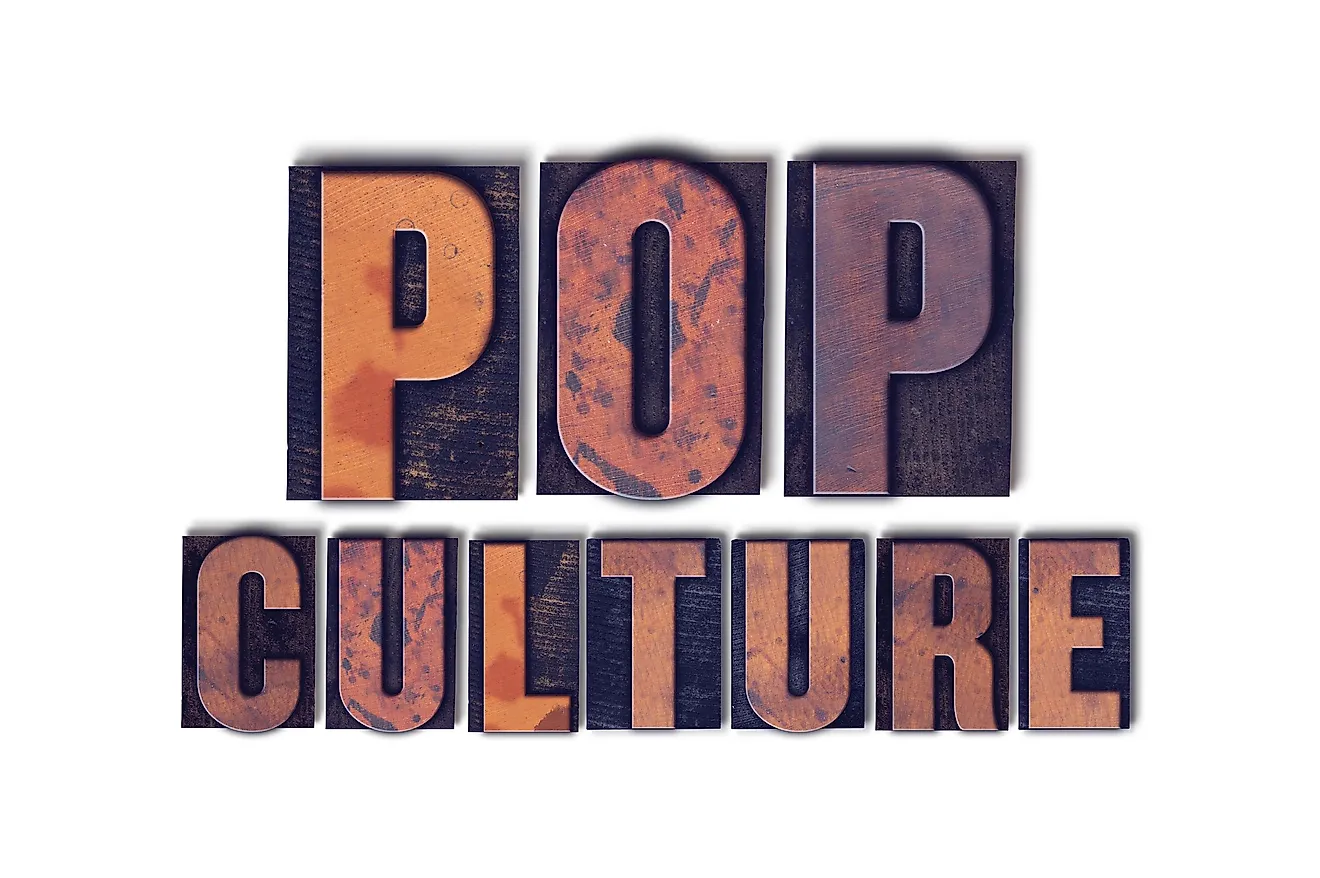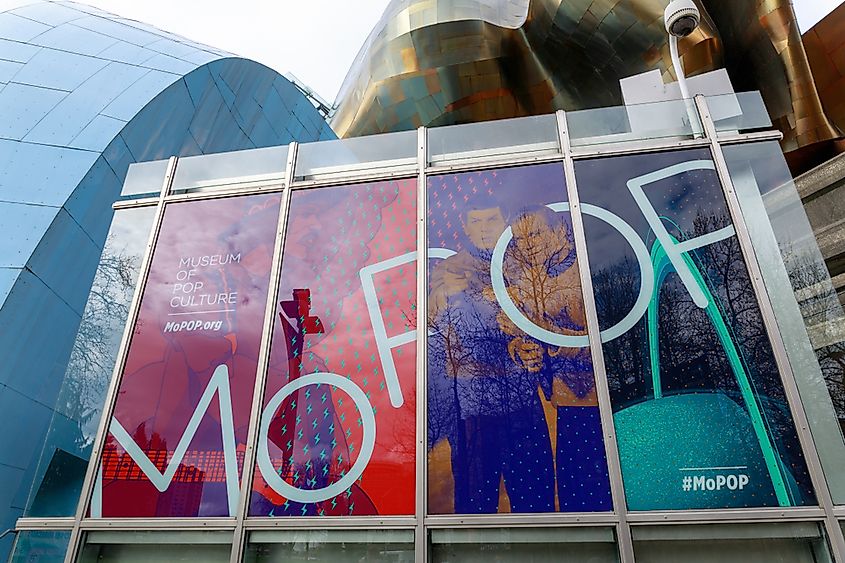What Is Pop Culture?

Popular culture, pop culture for short, generally refers to the dominant or prevalent traditions and aspects of material culture in a certain society. In modern western countries, the term is used to describe various cultural products (movies, music, art, television, and more) that the majority of the population regularly consumes.
The types of products we consider to be pop culture have mass appeal, meaning that they target a broad audience and are enjoyed by vast numbers of people. This is just one way of defining it, but it is one that is used most often. There is no official definition of pop culture.
Pop culture is often contrasted to other forms of culture and is generally considered to be a more superficial form of artistic statements. For that reason, it is often criticized by groups that shy away from the mainstream as being superficial and consumerist.
History Of Pop Culture
Popular culture as a term was coined sometime during the 19th century. It used to be connected to the lower classes and considered the culture of the uneducated. The upper classes with higher education had their “official culture” back then. With literacy rates starting to grow higher in Britain during that era, more and more people began to spend time and money on cultural products, mostly for entertainment. That created an audience for cheap popular literature, called the penny dreadfuls, or penny fiction. Those stories were published weekly for the cost of a single penny. That also created the need for the “official culture” to distinguish itself even further.
In the 20th century, the end of World War II created enormous cultural changes mostly brought about by the innovations of mass media, and the meaning of pop culture started to intertwine with mass culture or culture for mass consumption. The changes were the most prominent in the United States at first. In the 1950s, people started to use the shortened form for popular - “pop.”
The Definitions Of Pop Culture
Author John Storey named several possible ways to define pop culture in his book “Cultural Theory And Popular Culture.” The simplest definition states that it is simply a culture that is liked by a large number of people, and it ties no negative meaning to it. A different definition is one that says that pop culture is leftovers that are left behind after we identify “high culture.” This makes it seem as pop culture is the inferior one, and is consumed by the lower classes in society.

The third way to define pop culture is as commercial objects made to be consumed by the masses and thereby control them. According to this definition, pop culture is seen as a tool that is used to suppress the masses.
Storey adds another definition, this one saying that popular culture is folk culture, meaning culture from the people. It isn’t forced down on the masses; they instead create it is authentic and shouldn’t be considered commercial. The fifth definition takes the middle ground saying that pop culture is partly dictated by the upper classes while being chosen and picked apart by the masses. The “subordinates” can keep or discard different parts of pop culture as they will.
Finally, the last way Story attempts to define pop culture is through the lens of society today. He says that since we live in a postmodern world, the lines between what is considered authentic and what is commercial are blurred. People are free to consume whatever they prefer and reject what they don’t like.
Pop Culture Today
In today’s society, it is especially hard to separate pop culture from “high culture.” With the internet and all the cultural products being easily accessible, one could say everything can be considered pop culture. From music and movies to video games and comic books, people have a way of obtaining any piece of media they want. This has brought about the broader popularity of certain media that would have never reached its audience before the internet.
That is precisely why it should be noted that pop culture is continually changing and evolving. Trends change with time, so what is considered pop culture at one time might not be pop culture later. Still, the advances made in society brought about an age where everyone can find an audience and share their talents and products. Can we consider all of it to be pop culture? That is undoubtedly a discussion where both sides can have valid arguments.











